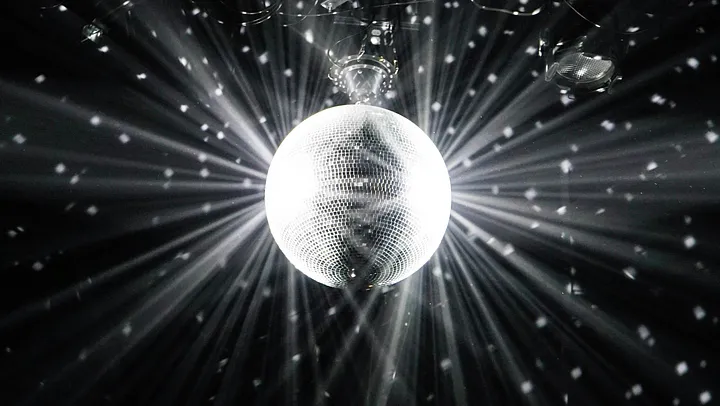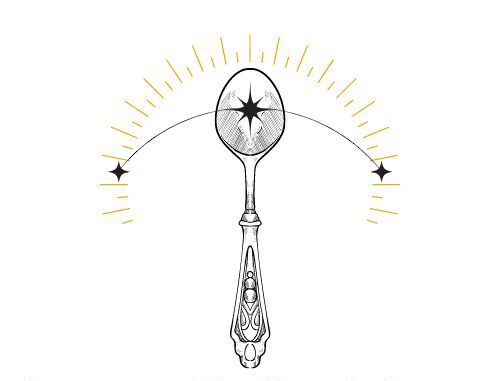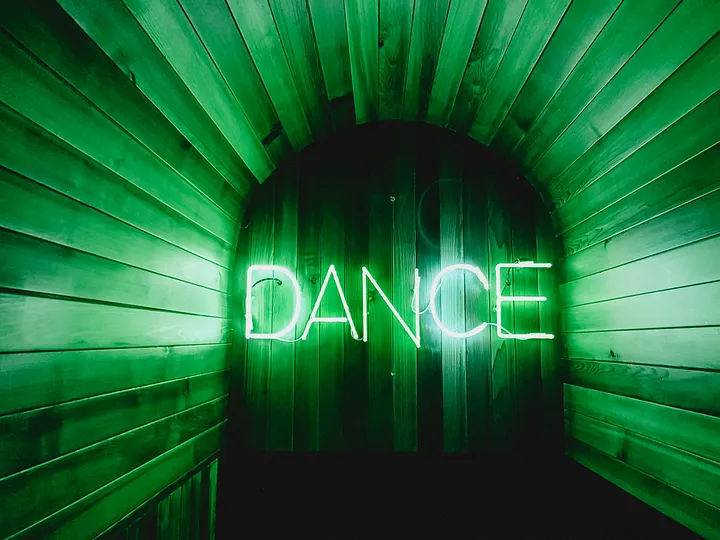
“Music gives a soul to the universe, wings to the mind, flight to the imagination, and life to everything.” — Plato
I had given up on music. Abdicating my choice to someone else. As a result, I didn’t find joy in it; it was just background noise.
Recently, I started my music journey from scratch, listening to what I wanted to listen to. What spoke to me directly.
I got suggestions from friends and family. Old music, new music, I may have even asked a stranger or two along the way.
Some hit the mark, and some missed, but there appears to be a specific set of rhythms that uniquely speaks to each individual.
So, why do we love it so much?
Music is a strange beast. You can’t touch it; you can’t taste it; it doesn’t stand in front of you, but it touches somewhere deep in your soul, and it’s capable of crossing the boundaries of language and culture.
According to studies, music has the same impact on the brain as physical activity has on the body.
The Fascinating Neural and Physiological Symphony That Occurs When We Listen to Music

The minute we put on the tunes our brain fires up like a disco ball. The release of endorphins improves mood, decreases pain perception, and lowers our stress levels.
The amygdala and nucleus accumbens manage the emotional reaction, while the auditory cortex processes the sound.
We experience elation and motivation after a surge of dopamine, the “feel-good” neurotransmitter.
The hippocampus sparks memories, and our motor cortex works on getting us to breakout those dance moves.
The release of the feel-good chemical oxytocin helps us to engage in connectivity and strengthen social bonds.
Our bodies and minds react in perfect harmony. Our heart rate, blood flow, breathing patterns, and muscle tension rise and fall in sync with the music.
Can Music Heal the Brain?
Therapies using rhythm help individuals regain functions lost because of injury or neurological disorders by recruiting healthy brain regions, and in rare cases, reviving dysfunctional circuitry to recover language, hearing, motion, and emotion.
Researchers compared several studies and found that music therapy had a significant impact on improving executive function in patients with traumatic brain injury.
It also revealed that it can help with:
- Stroke
- Tinnitus
- Parkinson’s disease, and
- Dementia
There is good news if you or somebody you love is neurodivergent because music therapy is an effective treatment to help manage the symptoms of neurodiversity.
Some benefits experienced by those with neurodiversity while using music therapy are:
- Learn better communication skills
- Form better human connections
- Reduction in anxiety and tension
- Increased feelings of joy and contentment
- Increased social engagement
- Participation in taking turns
- Increased eye contact
- Sharing
The brain’s capacity to rearrange and adapt through the formation of new neural connections is called neuroplasticity, while neurogenesis is the process of new neurons being produced in the brain.
Research done by the University of Central Florida found that music may increase neurogenesis in the brain and that it could:
- Change your ability to perceive time
- Tap into primal fear
- Reduce seizures
- Aid better communication
- Make you stronger
- Boost your immune system
- Help to repair brain damage
- Increase intelligence
- Evoke memories
- Help Parkinson’s patients
Why Did We Evolve to Love Music?

There are many theories about why we, as humans, have grown to love music. Funnily enough, there are even theories that suggest there is no use for it at all.
Here are a few possibilities why we did:
- To secure a mate
- To identify your tribe — like a national anthem
- Bonding of the tribe
- Transgenerational storytelling — a way of passing down beliefs and history through the generations
- Pre-battle cry or chant — to get the adrenaline pumping.
- Protection — to intimidate predators or adversaries
An ancient human tribe’s capacity to bond over music likely contributed to its success and survival.
Healing Body, Mind, and Soul, The Benefits of Music
For many, the ability to surrender to the music and let it cure their emotions is one of its greatest charms.
It moves us, whether it’s to the rhythm of a funk song or the melody of a heartbreaking ballad.
Even if we’re feeling completely anti-social, the language of music knows how to get through to our souls.
Could you imagine long car drives, uncomfortable gatherings, and torture-inducing exercise if there was no music?
Music is the universal language that connects us all. It can convert strangers into bosom buddies and transform boring chores into exciting dance parties.
With the ability to stir up a wide range of feelings, it serves as our silent best friend, therapist, and biggest cheerleader.
For me, music isn’t just background noise anymore. It’s a full body and mind experience. It’s my happy feet and it never fails to tickle my brain with joy.
“Where words fail, music speaks.” — Hans Christian Andersen.





